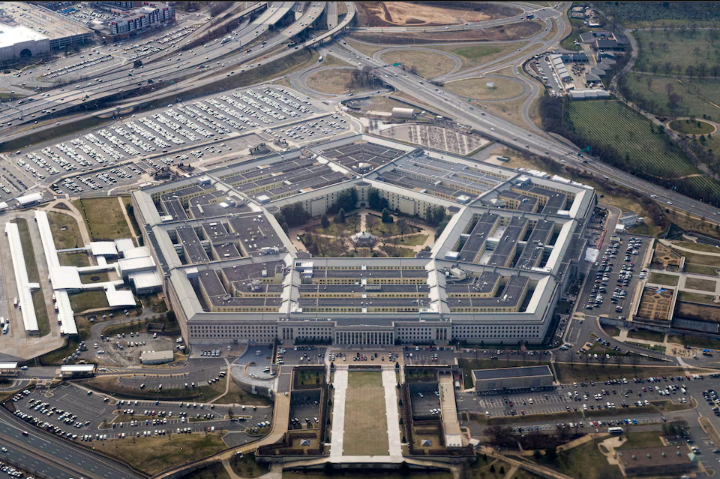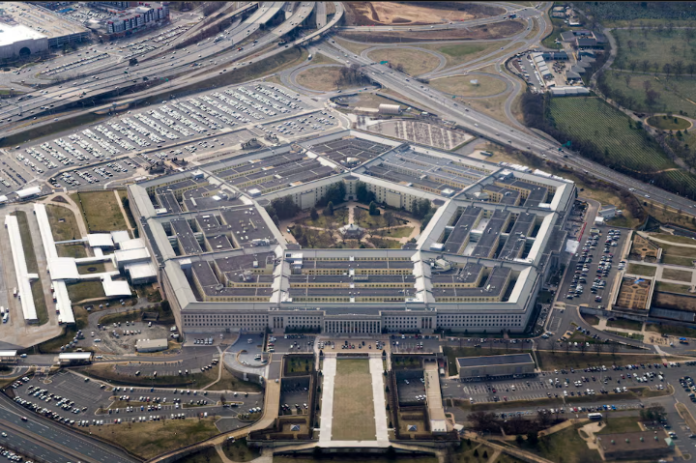In a strategic push to reduce U.S. reliance on China for essential metals, President Donald Trump is planning to establish mineral refining facilities on Pentagon-controlled military bases.
According to senior administration officials, this initiative is part of a broader executive order expected to be signed as early as Wednesday. The move is aimed at boosting domestic production of critical minerals, which are essential for national security and defense manufacturing.
Why This Matters
The U.S. military heavily depends on minerals processed in China to build fighter jets, submarines, ammunition, and other defense equipment. China currently dominates the global supply chain, controlling 30 of the 50 minerals deemed critical by the U.S. Geological Survey. In response, Trump’s new plan seeks to create domestic refining hubs, ensuring a steady supply of these resources without external dependencies.
The Role of Military Bases
By using military bases for refining operations, the administration seeks to bypass traditional challenges associated with land acquisition and environmental opposition. The Pentagon owns approximately 30 million acres of land, offering a solution that minimizes bureaucratic hurdles and sidesteps resistance from local communities that often oppose mining-related projects.
A Critical Minerals Czar to Oversee the Initiative
As part of the strategy, Trump plans to appoint a “critical minerals czar” to oversee and coordinate efforts across various federal agencies. This role is expected to streamline policies, accelerate implementation, and ensure long-term success in the domestic refining sector.
Addressing the U.S. Manufacturing Sector’s Concerns
While this plan prioritizes refining and processing over new mining projects, it may not be welcomed by U.S. mining companies. Many in the industry have long advocated for reforms in mine permitting, which is governed by the 1970 National Environmental Policy Act. However, manufacturers have been more concerned about China’s dominance in metal processing, making this initiative a crucial step toward self-sufficiency.
Regulatory and Environmental Considerations
Despite the military’s jurisdiction over its bases, facilities built under this plan would still be subject to U.S. environmental regulations, such as the Clean Air Act and Clean Water Act. These regulations have historically slowed or blocked private-sector refining projects, raising questions about how the new initiative will navigate these legal complexities.
What’s Missing from the Plan?
Notably, the executive order does not include provisions for:
A national critical minerals stockpile – Unlike China, which strategically stockpiles minerals such as cobalt, the U.S. will not establish a reserve similar to the Strategic Petroleum Reserve.
A “Buy American” mandate – The order will not require federal agencies to purchase only domestically sourced minerals. This has been a key demand from smaller mining companies seeking protection from Chinese market influence.
Changes to mine permitting laws – Since altering the permitting process would require congressional approval, the administration is focusing instead on refining existing materials.
Potential Economic Impact

The executive order is expected to expand the FAST-41 permitting process, which could speed up mining and refining projects. Additionally, discussions are ongoing about reclassifying mine waste, potentially unlocking valuable resources from previously discarded materials.
If copper is designated as a strategic mineral, U.S. mining companies could benefit from a 10% production tax credit, potentially saving major firms like Freeport-McMoRan hundreds of millions annually.
The Bigger Picture
Trump’s move is a direct challenge to China’s grip on the global minerals market. While the plan avoids major regulatory battles and focuses on refining rather than mining, it remains to be seen how effectively it can reduce foreign reliance without causing new economic and environmental conflicts.
As the administration finalizes the details, all eyes will be on the upcoming executive order and its potential to reshape America’s position in the critical minerals industry.



